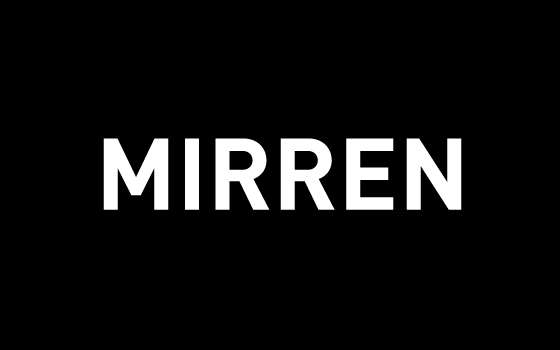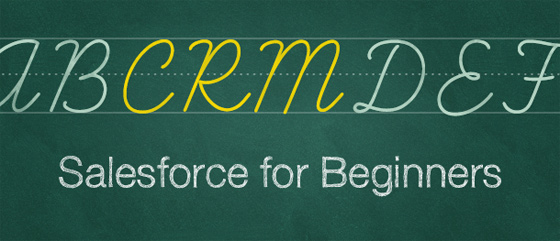Google has made it simple for us. When talking about SEO, the only SE you really need to consider is Google. They have had over sixty- five percent of the organic search engine market share for the past ten years running (they currently have approximately eighty-four percent). Their sheer popularity is not the main reason that what’s good for Google is good for the gander, though. Generally speaking, if you adhere to what Google considers to be SEO best practices, you will be in line with the other major search engines, too.
This is a result of Google’s dominance. They set the standards for what a good search engine should be, and most of the others followed suit. Bing is trying to distinctly distance itself from Google by positioning itself as the “answer engine,” but the way they index your site is not very different from the way Google does (even though Bing claims to display more accurate results to searchers after gathering larger quantities of information from the web).
So, at the time of this writing, focusing your efforts on attracting Google’s interest will result in a well optimized site across all major search engines.
How Google Works
Google’s mission statement is to “organize all the world’s information and make it universally accessible and useful.” As a search engine, Google’s job is to read the entire web, receive a request from you, and then decide which single page across the pool of the fifteen billion best matches your search. This is a tough job, and Google can only do as good a job as we (those in control of website content) do.
There are two basic parts to the search engine, the bot and the indexer, and they have a bee and hive sort of relationship. The bot is the bee, and it spends all its time reading the internet. It makes no decisions, but simply trolls the internet and collects information. The bot then feeds the indexer (the hive) all the data it has gathered, and the indexer then decides which results should be shown for which searches.
The first step in SEO is ensuring that the bot is interested in reading your site. Since the bot is responsible for reading the internet, it has to make decisions as to where its time is best spent. If you put a new site live today, and the bot indexes it tomorrow, then again in a week, then in three weeks, and then six, and if, each time it visits, it sees that your site has not changed, it will begin to visit your site less frequently.
This principle unfortunately leads people to go into their sites and rearrange the same content in different ways, which brings me to one of the most important points of this chapter.
Google Is Smarter Than You Are
No matter how intelligent one may be, no one is anywhere close to as smart as Google collectively is—it is not even close. Any “trick” you hear of that entices Google to give your site higher rankings might work well in the short-term, at best. At worst, it will not only never work for you, but it could get your site blacklisted.
So, the next time an SEO expert suggests you put indexable text behind a Flash movie or in a file that loads separately or in the footer of your site with a matching background color or any other equally ridiculous plan, fire them on the spot. They are not smarter than Google.
This post is an excerpt from my book, “A Website That Works.”
#macro:blognav,23126,23673#



